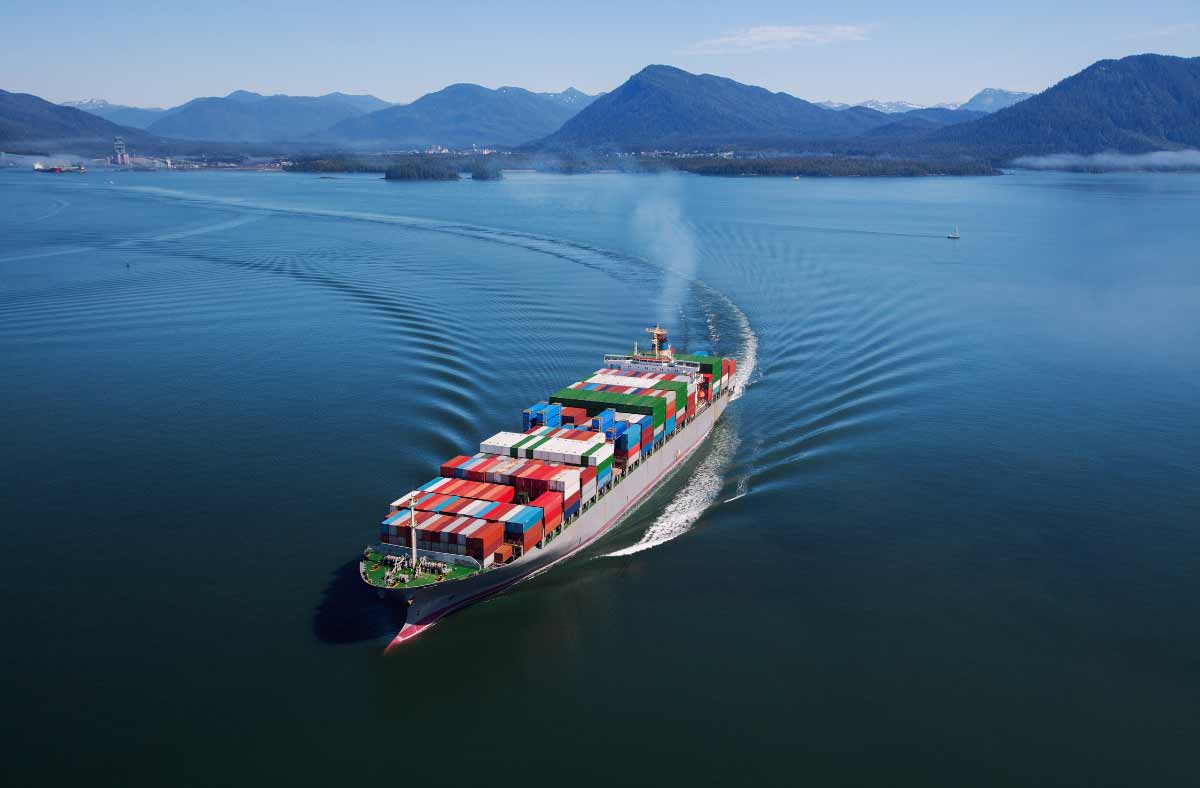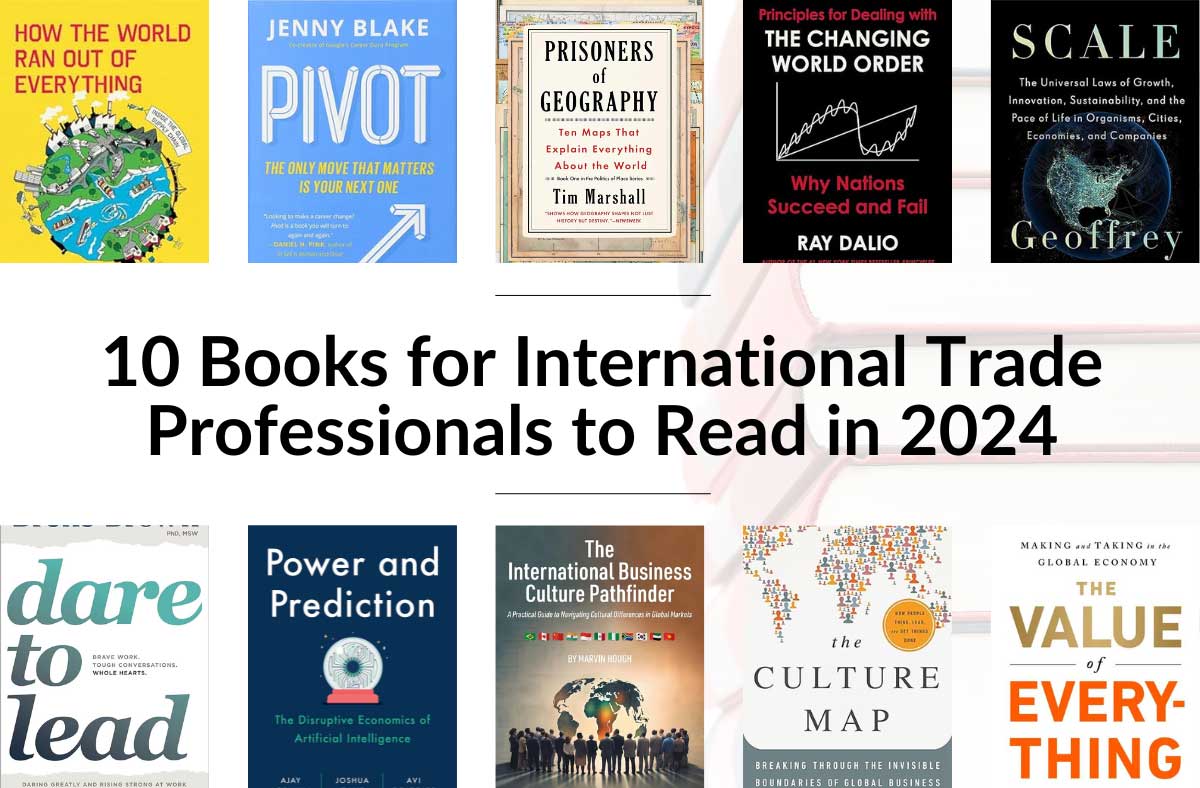In recent years large banks have experienced more competition from innovative fintech start-ups, credit unions and co-ops. These players cater to tech-savvy, values-driven millennials but also general SMEs (small and medium-sized enterprises) who are optioning modern, grass-roots digital alternatives for their traditional banking and business needs.
However, if you run a small to medium-sized business, you might be surprised to learn that big banks still provide major benefits to SMEs, especially when it comes to new digital services in the arena of global trade.
Specifically,
by leveraging their extensive networks, international banks have created innovative digital platforms that help SMEs execute several traditional trade tasks, such as finding and accessing foreign market data, and using data analysis, algorithms and blockchain for business matchmaking and payment solutions.
In most cases, banks have decided to combine forces and offer their services together, providing an easier way for SMEs to manage business internationally. Interested in some of the more popular banking and trade solutions for SMEs in international business? Here’s a useful list below.
we.trade
When people think about banks and trade, a name that immediately pops in mind is HSBC. Along with other 15 banks, and in partnership with IBM, the former Hongkong and Shanghai Banking Corporation established we.trade, the first international trade platform based on blockchain.
What Is we.trade?
Essentially, by sharing credit data with all the other members, and being completely digitized, we.trade aims to solve the two main issues in international trade:
- Finding a trusted partner
- Getting paid
When the parties carry out a transaction on the platform, one party will tick the box requesting a letter of credit. A network bank will pick up the call and authorize the credit.
At that point, the seller is sure to receive payment by the authorizing bank, or another network bank, with any documentation or bureaucratic requirement being done online.
We.trade was launched only in 2019 and it is a relatively new service. Member banks are: CaixaBank, Deutsche Bank, Erste Group, HSBC, KBC, Natixis, Nordea, Rabobank, Santander, Société Générale, UBS and UniCredit.
Club Trade Alliance
Started at the same time as we.trade, Club Trade Alliance focuses on two more basic issues for SMEs approaching international trade:
- The world is huge: where is the best place for me to find local partners?
- How can I find local partners that I can trust?
Club Trade Alliance answers to these needs by offering comprehensive market data of almost any country on the planet (around 25,000 market reports from 186 countries). There are market trends, country economics, and also tariffs, regulations and tax matters.
Moreover, Club Trade Alliance claims that it can combine this data to provide its SME clients with the perfect market and the perfect partner. In fact, there are more than 21,000 members offering 80,000 opportunities, according to the company’s website. Being all backed by banks, trust should not be an issue.
Club Trade Alliance was originally sponsored by Banco Santander, Spain’s largest bank, and now includes a network of other 13 banks: Abu Dhabi Commercial Bank, Attiijariwafa Group, Royal Bank of Canada, CIMB, Crédit Agricole Group, Eurobank, KBC Group, Industrial Bank of Korea, MUFG, Nordea Group, Siam Commercial Bank, and Standard Bank.
Opportunity Network
This banking marketplace, also called ON, was originally founded in 2014 almost entirely backed by Intesa SanPaolo, Italy’s largest bank.
Since then, it has evolved into a network of 30,000 members, backed by several global banks, including Credit Suisse, UBS, Citizens Bank, YPO, Intesa Sanpaolo, Vietinbank, Sterling Bank, and ABN Amro, according to the ON’s website,
In the beginning, ON accepted only medium-large companies (the minimum acceptance rate used to be USD 1 million), and companies had to be invited by a member bank.
Nowadays, however, any company with revenue above USD 2.5 million can join the platform after going through a sanction-free and anti-money laundering (AML) check. They also now offer a LITE membership for start-ups and small companies with over USD 250k in revenue or liquid assets.
ON is truly and solely a matchmaking platform: Members post what they need and the marketplace’s algorithm should match them with comparable businesses looking for the same thing.
The solo banks
Some large banks have decided to go alone and provide business matchmaking services using their own networks exclusively.
The following three are the most relevant:
Industrial and Commercial Bank of China
ICBC launched ICBC Business Matchmaker with the goal of making it easier for Chinese companies to find foreign buyers, and vice versa. If you are familiar with trade in China, you will know that sourcing a proper supplier is not a trivial task. This service aims to make this task easier.
China Construction Bank
CCB also joined its domestic competitors by launching CCB Match Plus, this year. The aim is the same as other matchmaking platforms, but CCM Match Plus combines a digital marketplace with physical events, such as trade fairs and exhibitions.
The interesting thing about these two Chinese platforms is that they are not confined just to merchandise, but offer opportunities also in real estate, infrastructure, and renewable power, for both investors and operating companies.
Lloyds Banking Group
The British conglomerate launched Lloyds Bank International Trade Portal back in 2016, a platform that helps its SME clients export to new markets. The platform resembles Club Trade Alliance in its focus on market trends and regulations. However, it offers only a directory of potential partners and lacks a matchmaking process.
Alternatives outside the banking industry
Banks have made vast digital improvements in the arena of international trade and business—especially for SMEs. Yet, international trade has been running on other digital platforms for roughly 20 years. The most important and well-known online B2B platforms are Alibaba, GlobalSources, DHGate, eWorldTrade and go4WorldBusiness.
While hosting hundreds and thousands of small businesses and trading products of any kind in huge volumes, these platforms function exactly like big markets, where buyers and sellers trade a single item (or a single batch).
Businesses interested in non-banking marketplaces similar to ON or Club Trade Alliance, i.e. platforms that encourage business matchmaking, should look at the likes of Enterprise Europe Network and Globartis.
These new platforms encourage firms to find long-term partners to establish solid partnerships. You will not have the assurance that a bank may provide, but the application and connection process is much more streamlined.








disqus comments